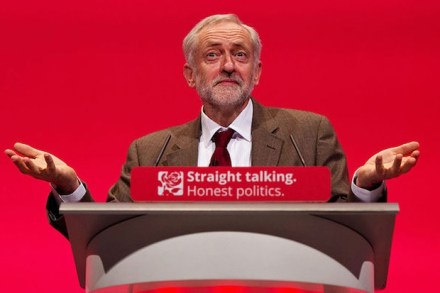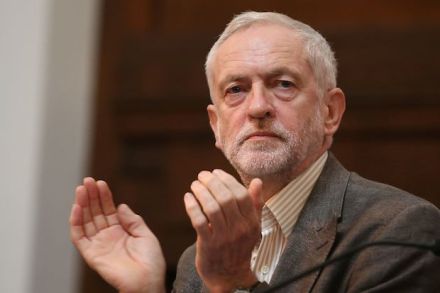Just because you disagree with someone, it doesn’t make them a ‘fascist’
The worst thing about 2016 — an otherwise bracing year of political upset and oligarchical tears — has been the mainstreaming of the insult ‘fascist’. Anyone who sticks it to the status quo, whether by rejecting the EU or plumbing for Trump over Clinton, risks being smeared with the F-word. Even the normally measured New York Times flirted with the idea that loads of Americans and Europeans might be fascists, or at least facilitators of fascism. Trump’s victory speaks to a possible ‘revival of fascism’, it said, echoing the fears of an army of observers and tweeters who see in Brexit and Trump the stirrings of a kind of Nazism.



















